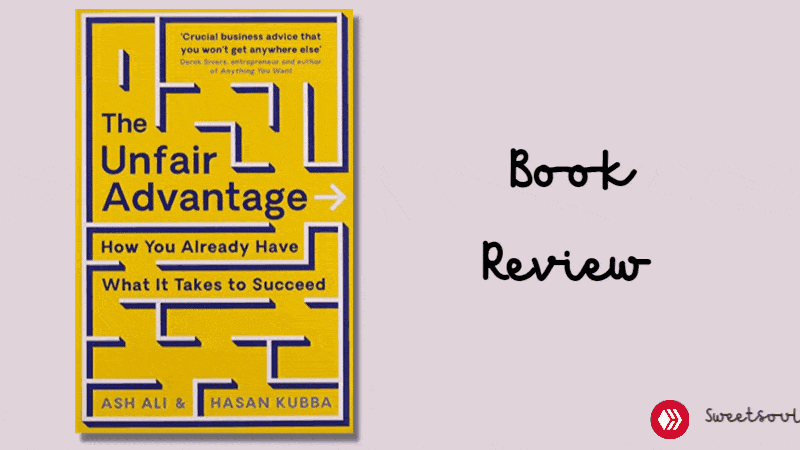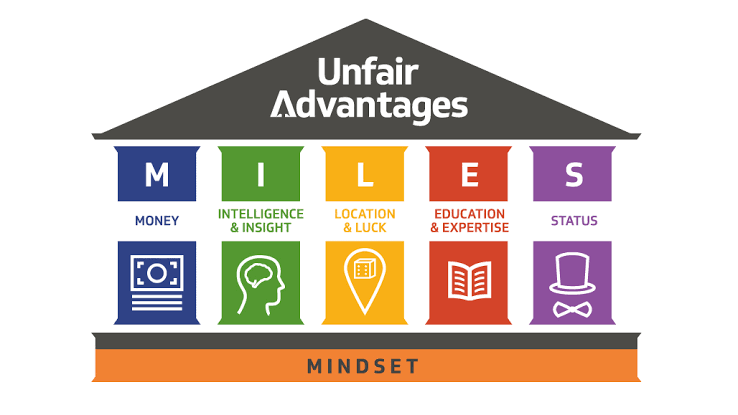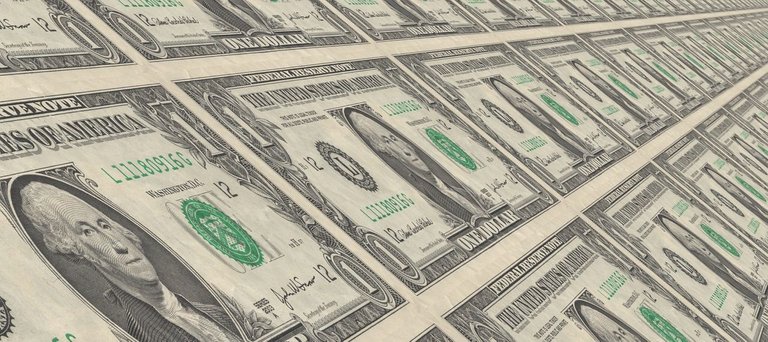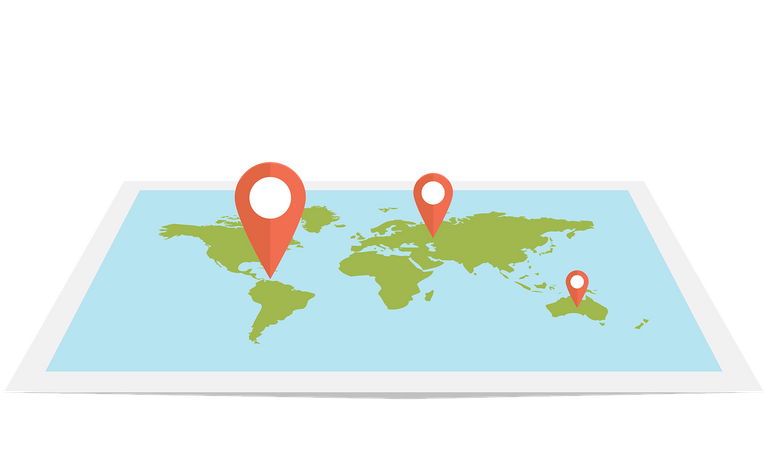Dear Hivers,
This is a review of one of my favourite books: The Unfair Advantage: How You Already Have What It Takes to Succeed by Ash Ali and Hasan Kubba.

I can assume a lot of us have spent some time wondering what makes some people exceptional and successful.
What made the likes of Mark Zuckerberg, Bill Gates, and Elon Musk achieve what a lot of others fail to? What did they do differently that got them to the point they are today?
A lot of people talk about hard work, determination, chasing your dream, putting in 10,000 hours and all ...
But more often than not, they fail to mention a vital element: Luck
Every successful person had some degree of luck that played a vital role in helping the person become what they are.
This is what both entrepreneurs and investors Ash Ali and Hasan Kubba bring to light in their book The Unfair Advantage: How You Already Have What It Takes to Succeed. The book explains how unfair advantages and some degree of luck helped these great people become successful and how we all have our own unique sets of unfair advantages that can lead us to our success.
This is my honest review of the book and some of the key insights:
Life is unfair!
The book starts with this statement which is factual on so many levels. When we look at successful people, the truth is; it's not just hard work that made them successful, some other elements such as luck, circumstances, and privilege played a role.
The book talks about how life is not an equal playing field and how everyone has some set of unfair advantages that others cannot easily replicate.
Take Mark Zuckerberg for example, of course, he is a genius. But even though he dropped out from Harvard University, his ability to go on there in the first place is an unfair advantage. Not everyone can afford to go to Harvard. And it was there he found his team and inspiration to start Facebook.
Get it?!
The book also helps us understand that unfair advantages are not just about our strength, it is also about our circumstances — it is something that gives one a competitive edge and something that cannot easily be replicated.
And this is not something exclusively for the rich and famous, we all have our own set of unfair advantages.
So how do we identify our own set of unfair advantages so we can leverage it all for our benefit?
The Authors came up with a system called the MILES FRAMEWORK

Where;
M stands for Money
I for Intelligence and Insight
L for Location and Luck
E for Education and Expertise
S for Status.
And all this is built on the foundation of MINDSET. Without the right mindset, one cannot go far in life.
Elaborating more on MILES, let's take M for example. Some people were born into enormous wealth and their ability to identify that unfair advantage made them leverage it to become successful.
Evans Spiegel, Snapchat's billionaire co-founder is a good example. He grew up in a millionaire household in Los Angeles, went to an expensive private school and had parents who were powerful and well-connected lawyers. This put him in a unique circle and gave him access to tech entrepreneurs and CEOs that a lot of people cannot dream of accessing.
Of course, he had to put in the work but clearly, his example shows how money can be a vital Catalyst and an unfair advantage to some.
Similarly, for L which is Location and Luck, some of us are born in locations, cities and countries that expose us to opportunities that others in other locations cannot access.
With Luck on other hand, we can influence how lucky we can get and it is spoken about in the book:
Take more action, do more things, meet more people, go to more events, blog about your startup, produced things and publish them, get feedback, and put more stuff out into the world.
Doing all these better improve our chances for better luck.
Conclusion
These are just a few insights from reading the book and I believe it's a very good book. It has changed my perspective on life a lot. I now hardly look at any successful person with envy as I am more than aware there was some set of unfair advantages that played a vital role.
I am now a lot more concerned about leveraging my unfair advantages to obtain the success I so long for.
Some of my favourite quotes from the book:
“every disadvantage can have a corresponding advantage and vice versa. Your circumstances and unfair advantages, whether apparently positive or negative, can be double-edged swords.”
An Unfair Advantage is a condition, asset or circumstance that puts you in a favourable business position. And yes, we all have unfair advantages.
Just as with the ‘magic of compound interest which, when started early, leads to massive success over time, similarly unfair advantages and early success lead to stronger unfair advantages, and that success begets more success.
Thank you for reading
You can check out the book here. I'm sure you won't regret it.




